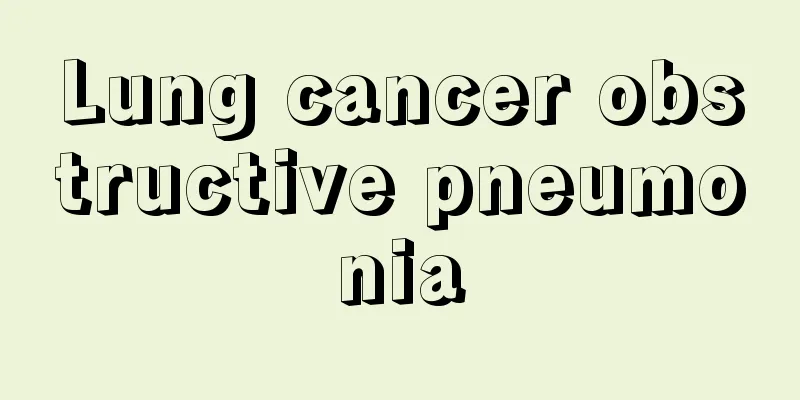What are the main effects of blood therapy?

|
Many people don’t know much about the treatment methods for some diseases. For example, blood therapy is a very common method of treating diseases. This method of treating diseases is relatively good and can increase the body’s immunity. Therefore, it is also a method of treating diseases adopted by many hospitals or doctors. So how much do you know about some basic knowledge about blood therapy? Let us take a look at some knowledge about this therapy today. 1. Whole blood therapy It means drawing 5 to 10 ml of blood from the patient's vein (without adding anticoagulants or drugs) and then injecting it directly into the deep muscles of the patient's buttocks. 1 to 2 times a week, generally 10 times constitute a course of treatment. 2. Hemolytic therapy Use a syringe with a specification of 10 ml or more to first draw 5 ml of normal saline for injection, then draw 5 ml of venous blood as above, gently shake well to mix the injection water and venous blood. After 2 to 3 minutes, the blood cells will be dissolved, and intramuscular injection can be performed when the mixed solution becomes transparent. 2 to 3 times a week, 10 times as a course of treatment. The above-mentioned autohemotherapy can be used as an auxiliary method for treating skin diseases. If it is effective, you can continue to inject for several courses according to the condition to consolidate the therapeutic effect. 3. Main Functions 1. Improve the function of the immune system and enhance the body's immunity. 2. Reduce blood sugar viscosity and adjust lipid metabolism. 3. Dilate small blood vessels and improve microcirculation. 4. Improve cell vitality and body metabolism. 5. Remove free radicals from molecules in the body and enhance the antioxidant capacity of cells. Efficacy: Balance yin and yang, regulate qi and blood. IV. Indications Rheumatism, rheumatoid arthritis, psoriasis, vitiligo, chronic urticaria, generalized pruritus, generalized eczema and dermatitis, allergic purpura, certain chronic diseases, recurrent furunculosis and folliculitis, juvenile acne, etc. |
<<: Can pathological jaundice be cured?
>>: What are the symptoms of candidal infection?
Recommend
Does proctitis cause anal pain?
Proctitis may cause pain inside the anus, especia...
Can I have a natural birth after having two abortions?
As people's worldview changes, their minds be...
Indications for radiotherapy of nasopharyngeal carcinoma
Radiotherapy for nasopharyngeal carcinoma include...
Symptoms of renal impairment
Renal function damage means that the patient has ...
What is white gasoline
White gasoline has many names and its uses are al...
Can surgery be performed on early stage nasopharyngeal carcinoma?
Can surgery be performed on early-stage nasophary...
Can sciatica heal on its own without treatment?
Sciatica will only make the pain more severe if i...
Which parts of the body are prone to bile duct cancer metastasis
Patients with bile duct cancer feel very uncomfor...
Is new furniture toxic?
I believe that for many young friends working har...
1 minute quick test for cervical spondylosis
Office workers are at high risk of cervical spond...
How to reduce internal heat after eating too much longan?
Longan is a relatively common food for us. It tas...
Can a 1 cm small liver cancer be cured? It is best to treat it as soon as possible
Small liver cancer is also called subclinical liv...
What causes bone cancer
Bone tumor is a tumor that occurs in bones or the...
How to make ice cream powder?
Ice cream powder is also called ice cream powder....
What should I pay attention to in my diet after thyroid cancer surgery
What should be paid attention to in diet after th...









